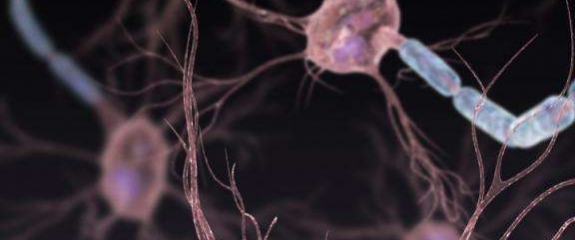Neuropeptide may be real cause of migraines

A pair of researchers, one with New York University College of Dentistry in New York, the other with King's College in the U.K. has found that a neuropeptide may be responsible for the onset of migraines. In their paper published in Science Translation Medicine, Simon Akerman and Peter Goadsby describe their experiments with two neuropeptides on rats and what it could mean for the development of a cure for migraines.
Migraines do not get a lot of press, and people that get them are not always given the attention or sympathy they deserve because it is so difficult for people that do not get them to understand how debilitating they can be. Scientists over time have come to believe that they are caused by widening of blood vessels in the head, and because of that, treatment has focused on constricting those blood vessels – but now it appears such thinking may be wrong, and drugs that are used to treat them, only work by accident. This new work by Akerman and Goadsby suggests that migraine pain is actually caused by the over excitation of neurons deep in the brain. If their results turn out to apply to people, it could mean a cure is on the horizon, offering hope to those who suffer from the condition.


